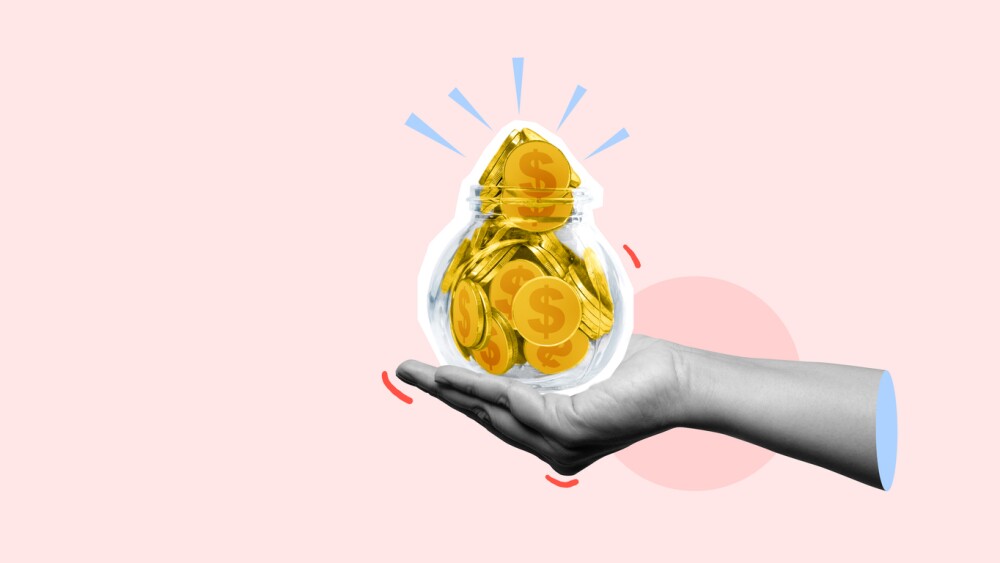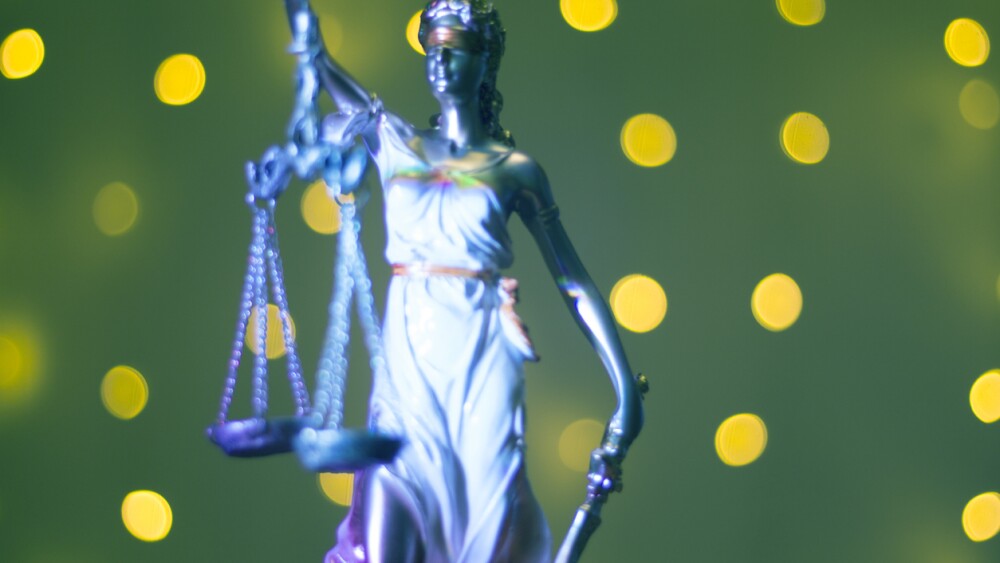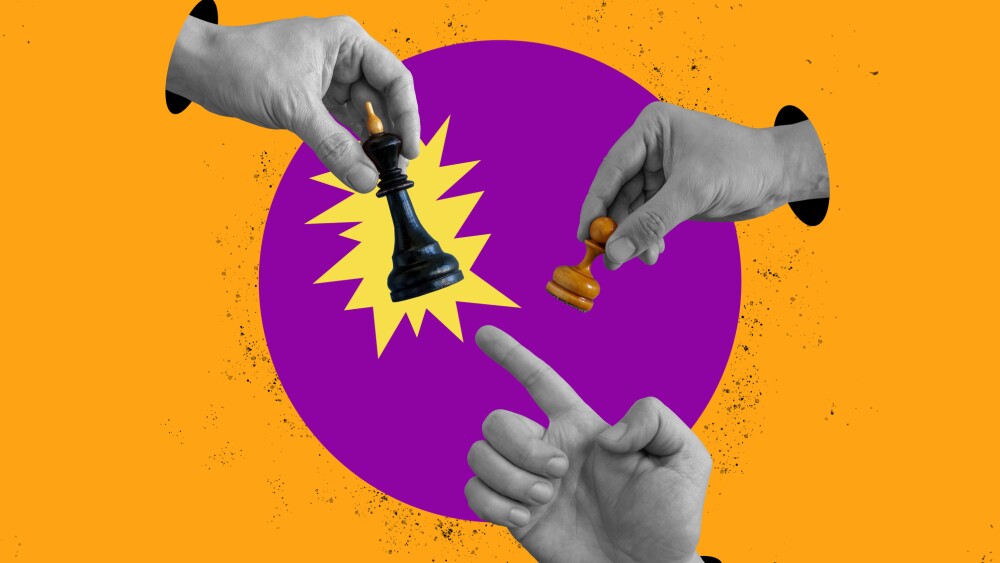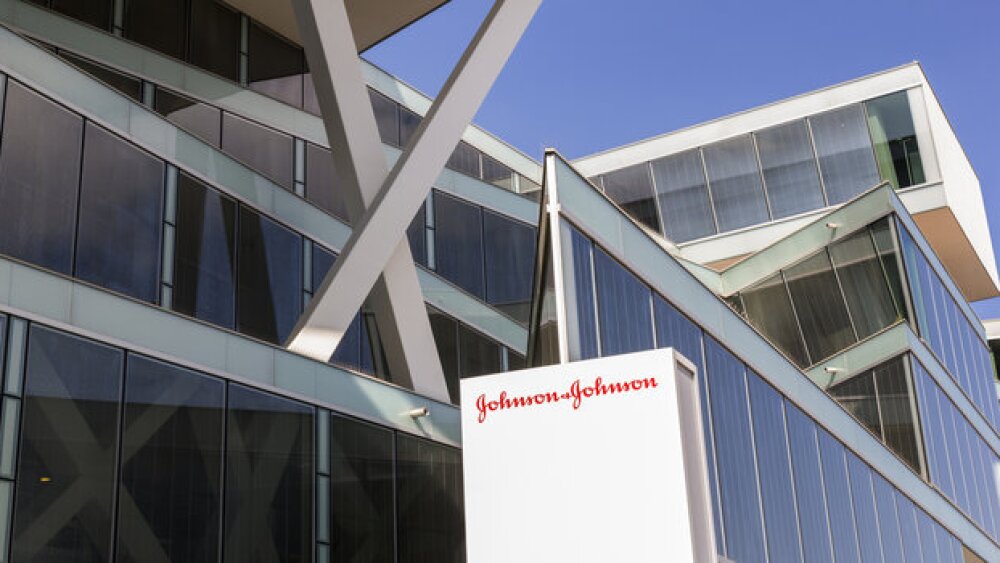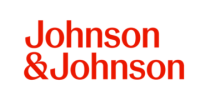
Johnson & Johnson Family of Companies
NEWS
Johnson & Johnson follows Eli Lilly in spending billions on U.S. manufacturing after President Donald Trump threatened major tariffs on pharmaceutical products. Pfizer has also promised a similar commitment.
With Keytruda, the best-selling drug in the world, facing the end of exclusivity in 2028, BioSpace looks at five drugs that have taken the leap off the patent cliff.
Johnson & Johnson and Legend Biotech hope to hit blockbuster status for Carvykti this year.
BioSpace remembers COVID-19 five years after the pandemic was declared, Novo Nordisk’s CagriSema again misses expectations as the company joins a lawsuit filed by drug compounders against the FDA, Viking secures ample supply of its investigational obesity medication, J&J strikes out in depression, and Makary and Bhattacharya near confirmation.
Johnson & Johnson has been fighting thousands of lawsuits over its now-discontinued talc products for 16 years. A pending judge’s ruling could finally put the issue to bed once and for all.
Late-stage data also showed that Johnson & Johnson’s icotrokinra was superior to Bristol Myers Squibb’s Sotyktu at clearing skin and easing symptom severity in patients with plaque psoriasis.
Analysts do not believe the Phase III stumble for aticaprant will derail J&J’s broader neuroscience strategy, particularly given its recent $14.6 billion acquisition of Intra-Cellular Therapeutics and the success of Spravato for treatment-resistant depression.
Merck’s Keytruda holds on to the top spot while AbbVie’s Humira—once the world’s top-selling drug—continues to cede its market share to biosimilar competitors.
Samsung Bioepis allegedly entered into an agreement with a third-party health company, allowing it to market its own private label of a Stelara biosimilar.
JOBS
IN THE PRESS



